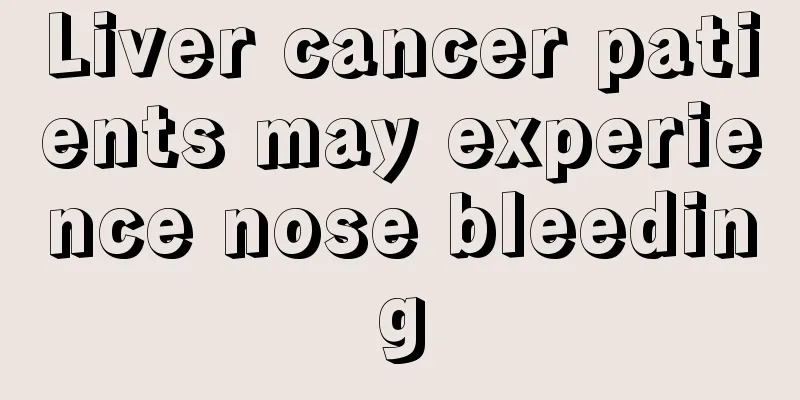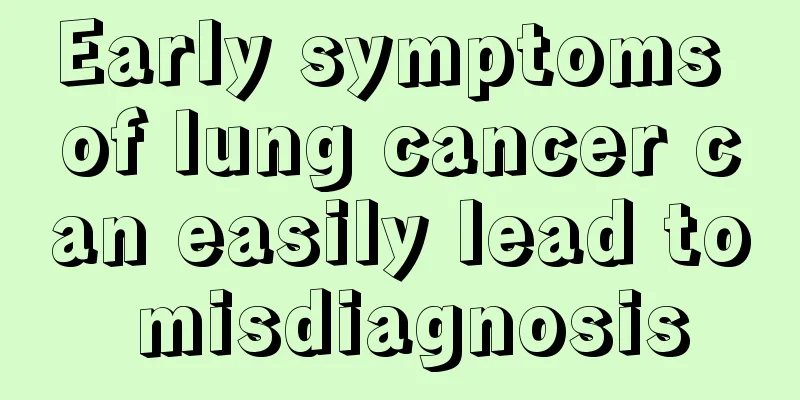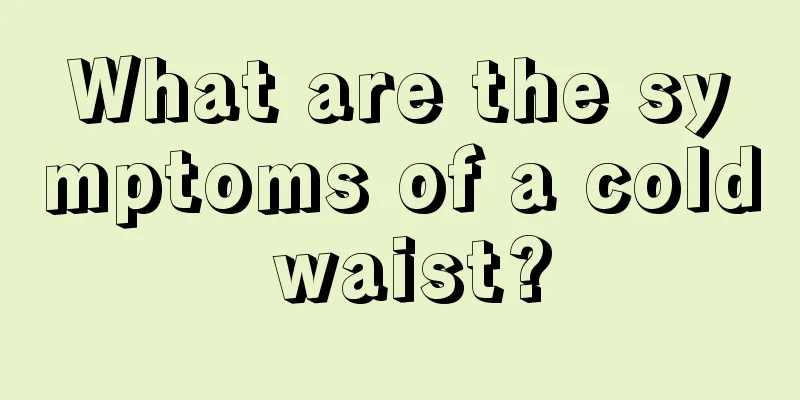How can chickenpox be generally avoided and prevented

|
With the arrival of spring and autumn, more and more patients with chickenpox appear in outpatient clinics, including in the emergency room of hospitals. Most of them are between a few years old and teenagers, and many infants are also troubled by chickenpox. Many people think that it is very abnormal for children to still get chickenpox even after being vaccinated. In fact, the occurrence of chickenpox is not necessarily related to vaccination, and it cannot be ruled out that it is related to one's own resistance factors. Confusion 1 : How do you get chickenpox? What are the symptoms? Chickenpox is caused by infection with the varicella-zoster virus, which can be transmitted through respiratory droplets or direct contact. The most common groups are infants, preschoolers, and school-age children. Adults can also develop chickenpox, and their symptoms are usually more severe than in children, usually accompanied by fever. Before the onset of chickenpox, symptoms such as fever, headache, general fatigue, nausea, vomiting, abdominal pain, etc. may appear. Within 24 hours after the onset of the disease, large areas of papules and blisters will appear all over the body, accompanied by itching symptoms. Confusion 2 : Hasn’t the child been given the chickenpox vaccine? Why do we still get chickenpox? The varicella vaccine is generally given to children between 1 and 12 years old. After vaccination, the body will produce corresponding antibodies. The varicella vaccine can prevent the disease in most contacts, but it does not guarantee that the disease will not occur after being vaccinated. If the antibodies gradually decay in the body, or if the amount of virus contact is large and exceeds the limit that the antibodies in the body can neutralize, symptoms of chickenpox will also appear. It is just like two armies fighting, if the defending forces are fewer than the attacking forces, the defense will fail. But this does not mean that vaccinating children against chickenpox is useless. Vaccination can largely prevent children from getting chickenpox. Confusion 3 : Can chickenpox heal itself without treatment? Most symptoms of chickenpox in children are mild, and few patients have high fever. Generally, the only treatment needed is to prevent secondary infection of blisters and relieve itching. For patients with severe symptoms of immunodeficiency, antiviral drugs must be used as early as possible. Otherwise, the virus may easily spread, causing viral pneumonia or viral encephalitis. Confusion 4 : Is chickenpox just a disease? What is the difference with smallpox? Chickenpox is commonly known as "chickenpox", probably because chickenpox patients develop many blisters on their faces and bodies, which stimulates their visual senses. Some patients may mistake chickenpox for smallpox. Smallpox is a highly contagious disease. Patients will experience symptoms such as high fever and rash, and the mortality rate is high. The World Health Organization announced as early as 1979 that smallpox had been eradicated, so chickenpox and smallpox are completely unrelated. Confusion 5 : Do people with chickenpox need to be protected from the wind? Many patients will ask, is it true that people with chickenpox cannot be exposed to the wind? In fact, the only things you need to pay attention to when dealing with chickenpox are to get enough rest, eat a light diet, and avoid scratching the rash. The rooms in the home should be ventilated frequently to reduce the virus content indoors. Of course, when you have chickenpox, your physical condition is weak, so you should keep warm and avoid catching cold. It has nothing to do with hair dryer. Confusion 6 : How to determine whether your child is infected? Many parents will panic when their children’s classmates have chickenpox, and worry whether their children have been infected. However, there is currently a lack of means to diagnose chickenpox before it develops. It generally takes two to three weeks of observation to check whether the child has symptoms such as physical discomfort, fatigue, fever, etc. Confusion 7 : Will chickenpox leave scars? After the chickenpox subsides, some of the blister infections will leave scars and pigmentation, so you should control scratching of the chickenpox rash and pay attention to sun protection. If scars are left accidentally, they can be solved by external medication. |
<<: Can chickenpox pits be healed? The most effective way to repair them
>>: What are the ways to make babies grow meat
Recommend
Is it good for babies to sleep more?
Newborn babies sleep a lot every day, and may sle...
How to diagnose yourself with nasopharyngeal cancer?
Nasopharyngeal carcinoma is a common malignant tu...
What should I do if my face is dry, itchy and flaky
The face is like people's facade. The quality...
The efficacy of Liuhuang soap
In daily life, we often use soap. There are many ...
Urticaria caused by mosquito bites
Because the weather is hot in summer, many adults...
What are the functions and effects of cow blood? What are the taboos in cow blood?
When eating hot pot, some people will eat pig blo...
The dangers of drinking beer before sleeping
Maybe many of us don’t quite understand the dange...
There are 3 early symptoms of cervical cancer. Will cervical cancer cause vaginal bleeding?
Cervical cancer is the most common gynecological ...
How long can one live after a kidney transplant
Because of the advanced medical technology today,...
How to diagnose small cell lung cancer
Small cell lung cancer can be diagnosed through c...
Simple vibrato method
Friends who are learning songs all hope to have g...
What should I do if I have mild facial paralysis?
Mild facial paralysis is not uncommon in life, an...
There are red bumps on the scalp and it hurts when pressed
Red bumps on the scalp may be caused by the hair ...
The difference between scented camellia and camellia
Friends who like potted plants or like to grow fl...
The most prominent symptoms of pericardial effusion
Pericardial effusion is the most prominent manife...









